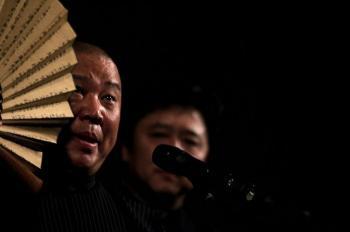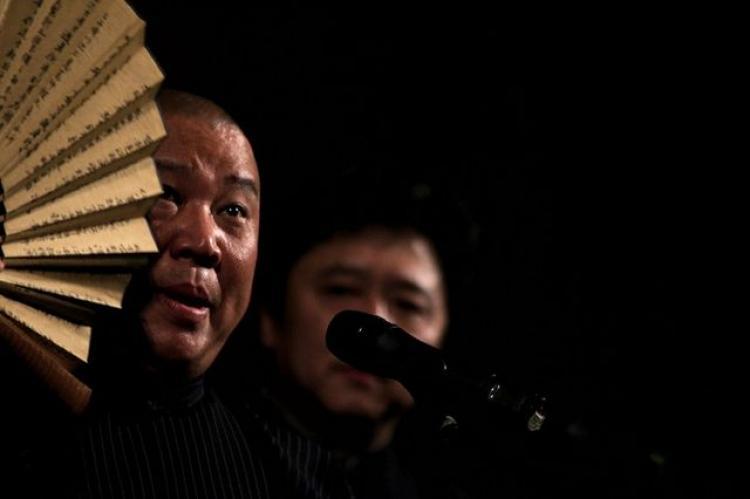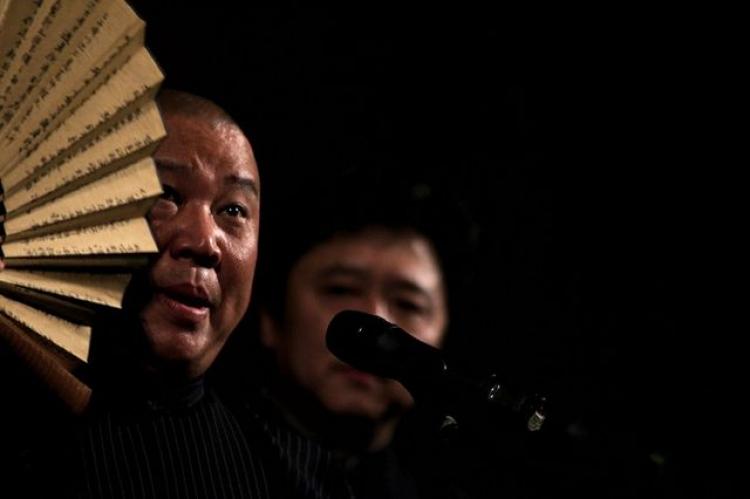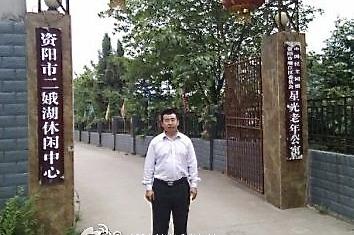‘Anti-Vulgarity Campaign’ Targets Independent Artist
Although Guo Degang has been famous as a comedian in China for years, never before had his name been as widely publicized as it was this month.

Comedian Guo Degang (far left) Getty Images
|Updated:





